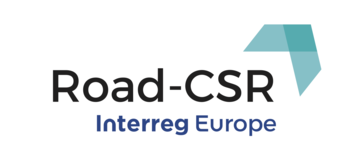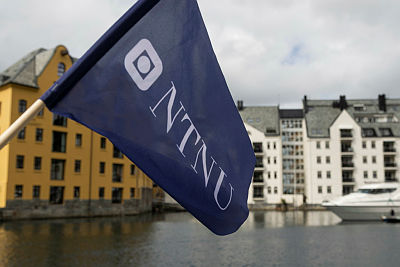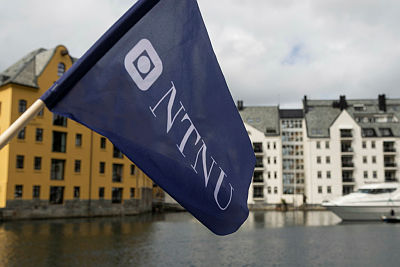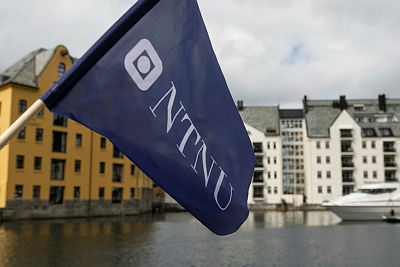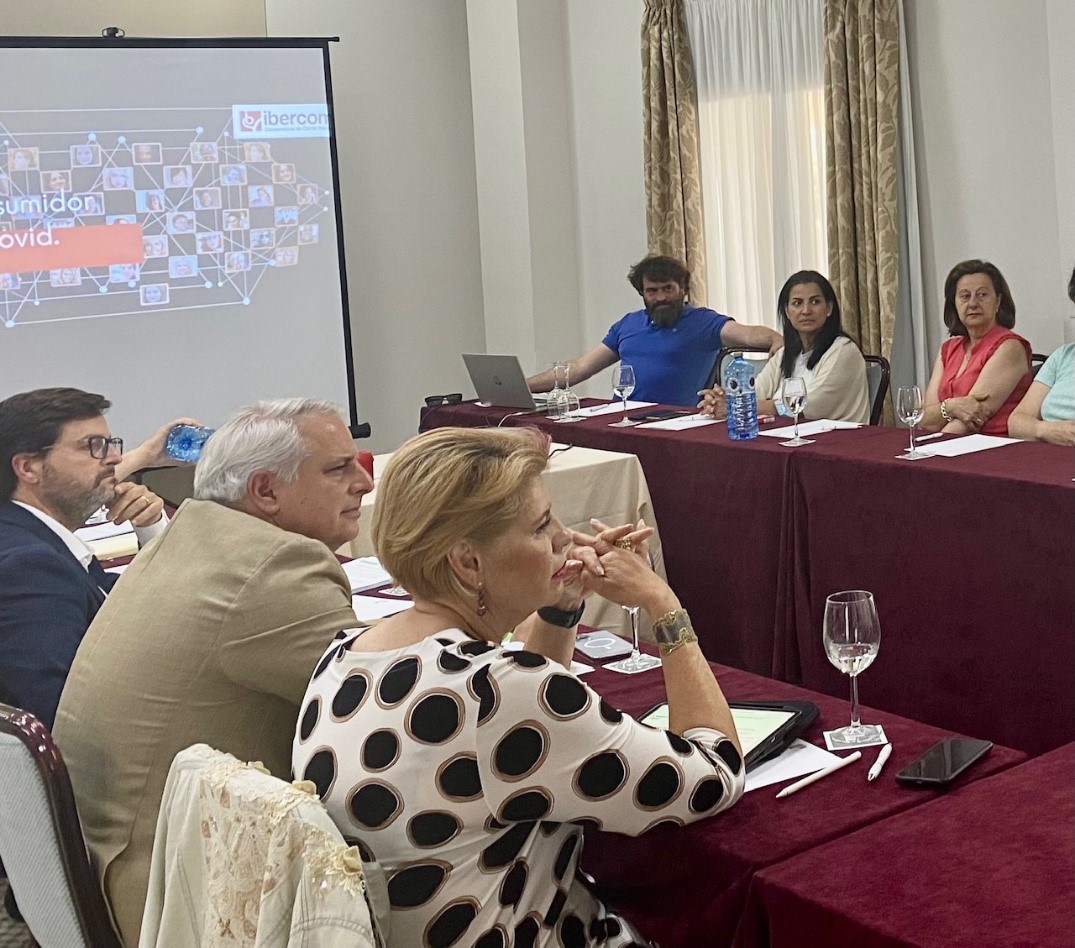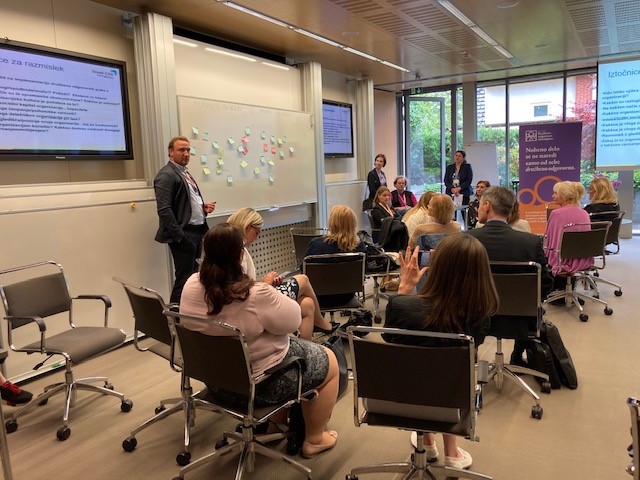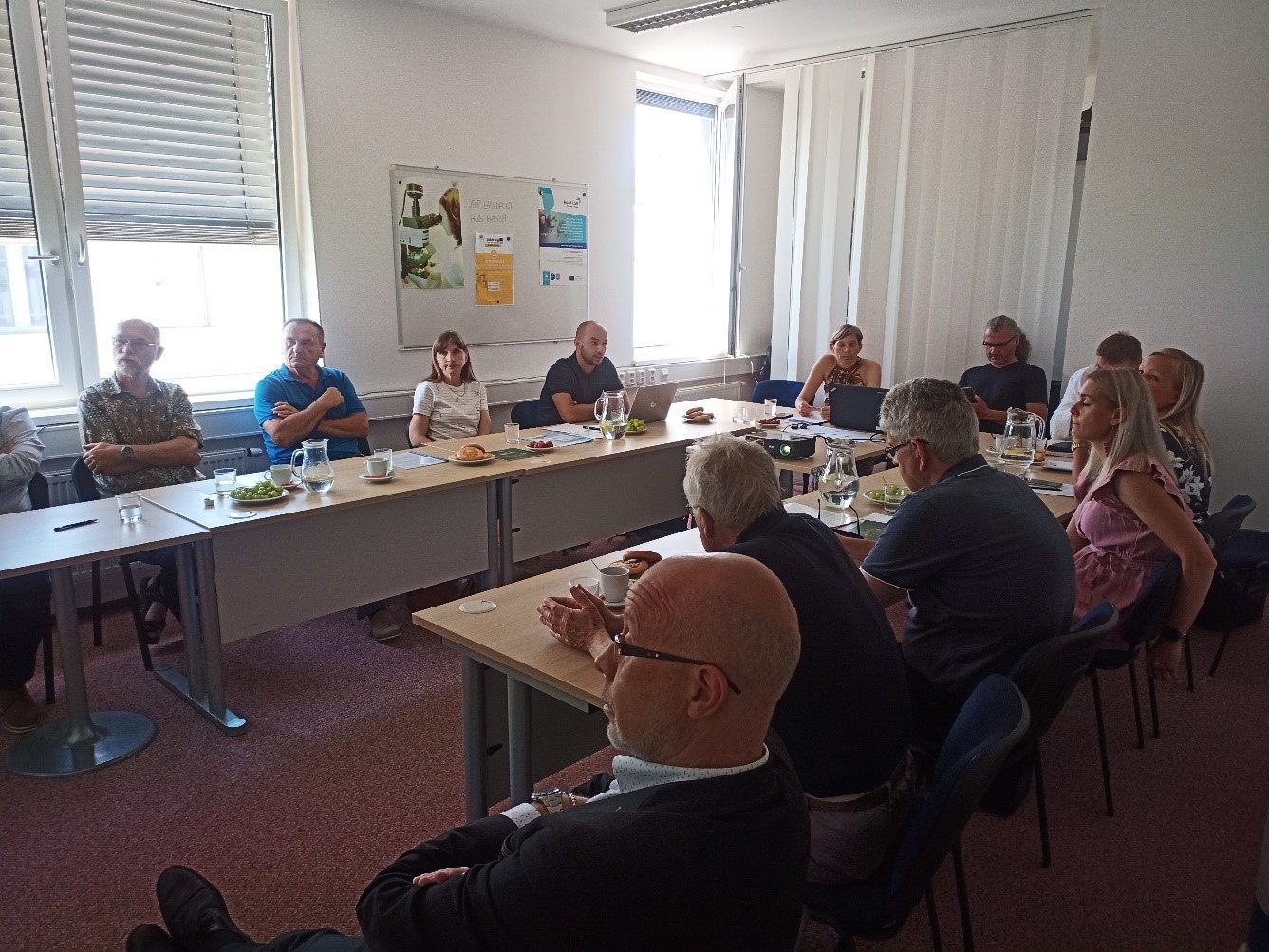Companies are increasingly dealing with sustainability issues as part of their core business strategy. Because of this, companies review and improve their sustainability management processes. Benchmarking tools are the best way of enabling organisations to identify areas for improvement and internal priorities, which, in return, help to create profitable business strategies that deliver tangible social benefits.
The tools help the companies to evaluate and assess their processes against an ideal situation as defined by key stakeholders, to benchmark their performance against other companies confidentially and to identify areas for improvement and access a learning network and best practices.
Each member of CSR Europe can use one tool per year as part of their membership. Each application of a tool follows the same process that is
Introductory webinar -> Individual company interviews -> Individual Company reports -> Workshop
The available tools are the following:
• MIA: Maturity and Integration Assessment: By 2018, the EU Directive on Non-Financial Information Disclosure will expect 6,000 large companies to report more extensively on their sustainability performance. However, today, management of sustainability is not yet fully integrated in business management. Setting targets, systemic management and making the link to core business remain especially challenging. CSR Europe’s Sustainability Management Maturity and Integration Assessment (MIA) is a tool for companies to assess and benchmark the level of maturity and integration of their sustainability management in order to better understand and communicate internally improvement areas.
• LEA: Lifelong Employability Assessment – Human Resources Managers are often lacking a clear and established methodology with regards to life-long HR Management as well as a clear understanding of strategic short/long-term gaps and possible countermeasures. The LEA tool support HR managers in assessing their company’s readiness for lifelong career management.
STEM- π: STEM Programme Impact Assessment - STEM skills are increasingly important in a wide variety of jobs and many employers struggle to find young people with these skills, despite the high youth unemployment in Europe. As a result, many companies have started to engage with education to promote STEM, yet it remains difficult to measure impact and make the business case for such project internally. The STEM-π assessment tool supports companies to assess the potential impact of their STEM activities and identify areas for improvement. Impact is defined as the extent to which an activity positively influences a young person’s (age 3-26) choice for a study/career in STEM and supports the development of STEM Skill.
MOC-A: Management of Complaints Assessment - Many companies today see the business case for setting up effective grievance mechanisms to help address and prevent complaints with employees and communities impacted by their operations, ensure speedy resolution of issues, avoid negative publicity, inform revision of company policies. The MOC-A tool addresses the need to enhance the process of dealing with complaints and to illustrate the practical application of the eight effectiveness criteria – as outlined in the UN Guiding Principles on Business & Human Rights.
You can find more details about the tools in the following link:
www.csreurope.org/csr-europe-assessment-tools;
